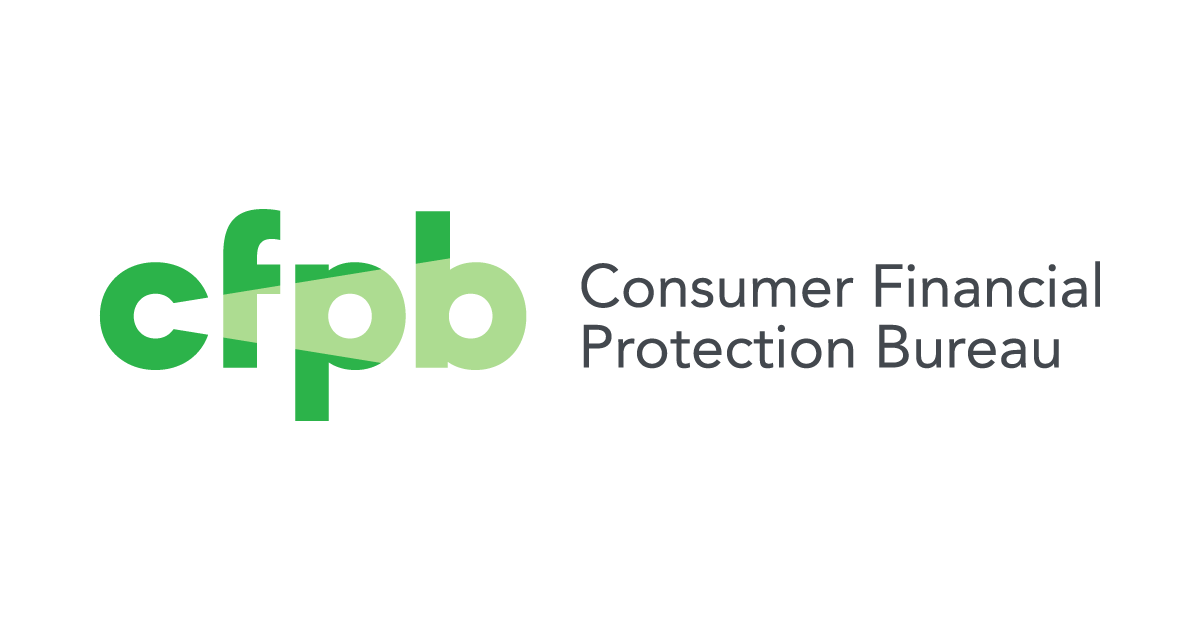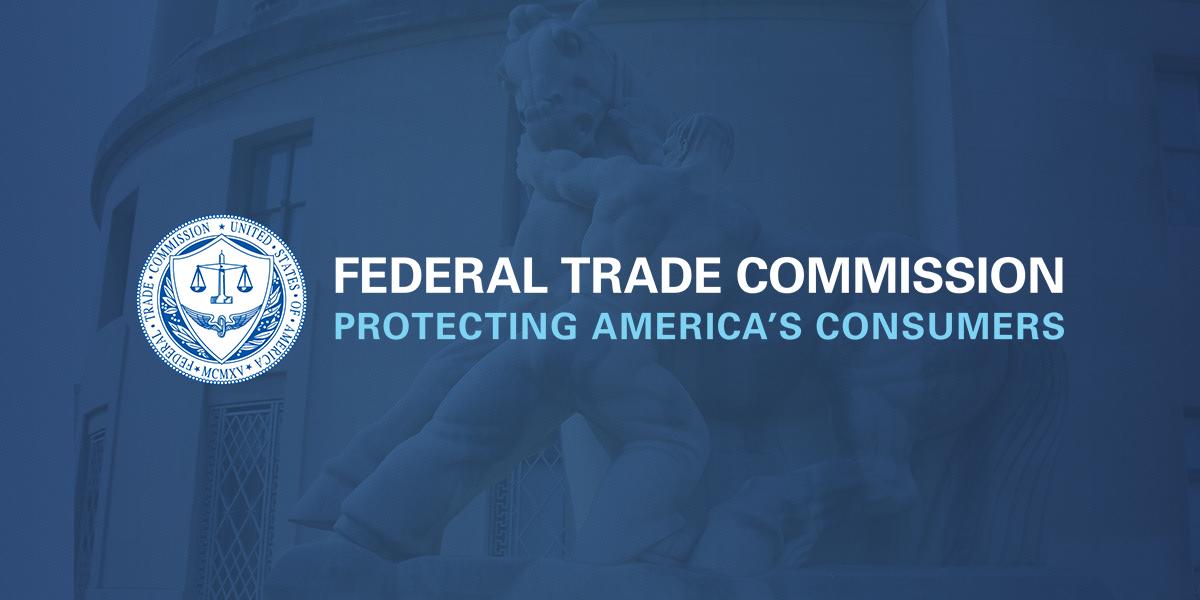Thank you, Michelle.
Today we are releasing the Managing Someone Else’s Money guides to help Americans of all ages better understand their responsibilities if they are called on to manage the finances of someone they love because their loved one is no longer able to do so.
We know that millions of non-professionals manage someone’s money because their family member or friend trusted them and appointed them as a fiduciary in a legal document such as a power of attorney or trust. Millions more have legal authority to handle Social Security or VA benefits for a spouse, parent, friend or child, or are court-appointed guardians.
These “lay fiduciaries” take on the task with the best of intentions. But without the knowledge of what this task actually entails, they may not be able to do a good job. The responsibility can seem overwhelming.
The guides clearly, and in plain English, describe the main duties of these four common types of fiduciaries and provide many tips to help lay fiduciaries ensure that their performance matches their intentions when handling a loved one’s bank accounts and other assets. Many older Americans have lived frugally and planned carefully for their later years. It is critically important that they and their resources are supported by a financially savvy loved one who understands the importance of maintaining good records, investing prudently, and avoiding conflicts of interest.
The guides also highlight how to watch out for scams and theft, and what to do if their loved one is a victim.
Area Agencies on Aging and other community groups that support older Americans, veterans and people with disabilities can help by distributing the guides when people need them the most. After all, these organizations often come into contact with individuals and their family members soon after a health crisis or other circumstance that leads to the recognition that someone may need financial caregiving.
Banks, credit unions and other financial services providers, too, can play an important role by sharing these guides with fiduciaries who transact business on behalf of customers and clients who can’t handle their own finances. I can’t think of a better idea than sharing the right guide with someone who is a new fiduciary. It can help to arm them with knowledge they need, when they need it the most.
Our colleagues at the Department of Health and Human Services have recognized that caregivers for people with Alzheimer’s disease may need help with financial caregiving. HHS has included the Managing Someone Else’s Money guides in the National Plan to Address Alzheimer’s Disease, an integrated national plan mandated by the National Alzheimer’s Project Act. The Department of Veterans Affairs and other agencies also will distribute the booklets.
The guides are free and available to download on our website, www.consumerfinance.gov. The exact link is in the press release. Paper copies also are available free—individually or in bulk—at the CFPB publications website, http://promotions.usa.gov/cfpbpubs.html .
Official news published at https://www.consumerfinance.gov/about-us/newsroom/nora-dowd-eisenhower-remarks-on-release-of-managing-someone-elses-money-guides/
Images courtesy of PixaBay



